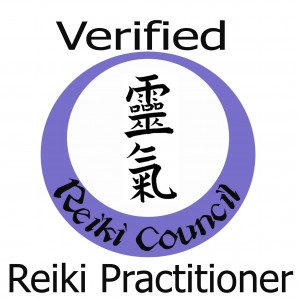Moonstone Therapy operates a safe practice approach to complementary therapy. None of the therapies on offer are provided to replace conventional healthcare provided by your general practitioner or other members of the medical profession.
Complementary therapies can be effective for most people. Many people tend to find their chosen therapy an enjoyable experience. However, it remains in your best interest to continue to receive conventional medical healthcare for any pre-existing health condition or seek medical advice if you believe you have any symptoms that cause you concern.
Before undertaking any complementary therapy, you will be asked about your health and any medical conditions or symptoms that you may have whether you are taking medication or other forms of treatment or not. You must continue your agreed medical treatment and comply with the advice given to you from your GP. It is also advisable to consult your GP about undertaking complementary therapy. You must follow the medical advice given by your GP or healthcare provider before, during and after any complementary therapy treatment.
Your complementary therapy practitioner will be trained (or if a student in a particular therapy will be receiving training) in the therapies provided. However, your complementary therapy practitioner is not a qualified medical practitioner, so will not be diagnosing health conditions, prescribing medication or advising you to stop or change your conventional medical treatment. If appropriate, your practitioner may advise you, following an initial or follow up assessment, to attend your general practitioner for further advice or help with your health condition.
If you feel that your health symptoms have changed following a therapy session or complementary therapy treatment, then you must consult with your doctor before making any changes to your medication or making decisions regarding conventional medical treatment.
Therefore, to ensure your health and well being, general precautions include:
- Consult your GP before starting any form of complementary treatment.
- Do not stop taking any prescribed medication without consulting your GP first.
- Tell your complementary practitioner about your health, any prescribed medication you are taking, and any other complementary treatments that you are receiving.
- Tell your GP about any complementary treatments you are receiving or wishing to recieve.
- Do not start a vigorous exercise programme or change your diet without first consulting a doctor.
- Advise your complementary practitioner if you have any sexually transmitted disease, skin condition or other infection.
- See your GP if symptoms persist or worsen.
Your complementary therapy practitioner may stop or prevent further sessions until your GP provides authorisation for sessions to continue.


Speak Your Mind